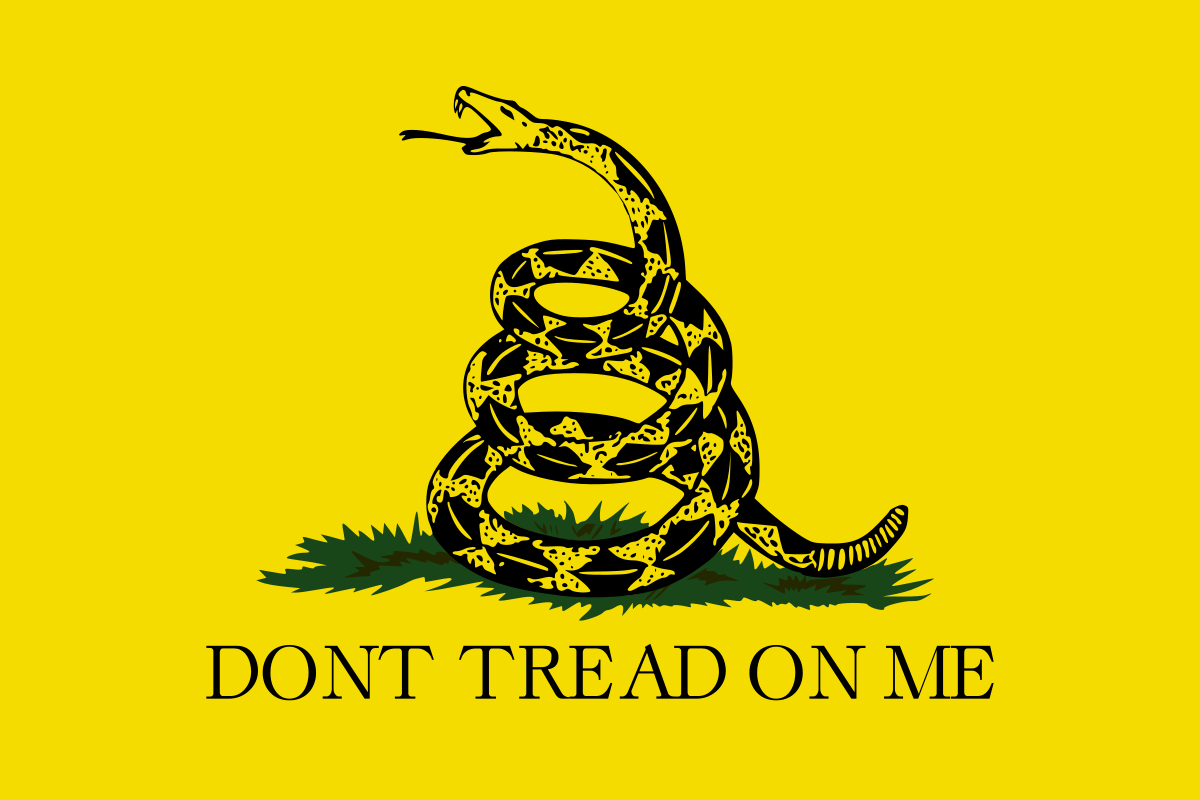More languages
More actions

Libertarianism, or in this context, Right-Wing Libertarianism, refers to the ultra-indivdualist and hightly idealistic ideologies that view the government as the primary force that reduces their "liberty", and view capitalism as a largely voluntary and effective system. Similar to Liberals, Libertarians put a large amount of stock in the ideas of "natural law", but unlike Liberals, Libertarians take "nautral law", as well as indivdualism, to a much more extreme conclusion, to the point where many of them are willing to deprive the poor and needful of basic social programs all in the goal of creating an idealistic "free-market" utopia.[1][2][3]
Right-Wing Libertarians can be broadly split into three groups - Mainstream Libertarians (those who make up the majority of the movement, and whom are the least extreme), Minarchists (those who want a "minimal state"), and Anarcho-Capitalists (who are the most idealistic and extreme).[4] Futhermore, while Libertarians are some of the most fanatical apologists of capitalism, they are often times rather progressive on certain social issues, such as drug prohibition, firearm ownership, and mass incarceration of the poor.[5]
In spite of Libertarianism being, in theory, an anti-state ideology, Libertarians often have a trend of embracing white-supremacist ideas, and otherwise Fascist ideology. This trend is known as the Alt-Right Pipeline.[6] Additionally, people such as Gavin McInnes, founder of the Neo-Fascist paramilitary group known as the Proud Boys, and Ben Shapiro, a devout Trumpist and white-supremacist commentator, have identified themselves as Libertarians.
History
Development
Libertarianism largely developed from the same body of philosophical advancments as Liberalism, which itself began to develop with the birth and eventual triumph of capitalism over feudalism. Libertarianism was particularly influenced by the works of John Locke and Thomas Paine, largely from their ideas about the concept of property. The Libertarian idea of "free trade" was also influenced by the conflict of mercantilism that was happening during the early formation of capitalism.[7] One of the first thinkers to have transcended Liberalism in this regard was William Godwin, who belived that the state was inherently bound to be detrimental to the happeness and fullfillment of its subjects, and thought that a direct-democracy, one where people were able to better achive fullfillment by means of indivdual contracts and agreements, rather than laws, would be the logical conclusion of a society.
Modern Times
References
- ↑ David Boaz (2015-5-4). "Libertarianism" Encyclopædia Britannica.
- ↑ Murray N. Rothbard (2010-12-21). "The Left and Right within Libertarianism" Mises Institute. Retrieved 2022-6-11.
- ↑ David Boaz (2019-4-19). "Key Concepts of Libertarianism" Cato Institute.
- ↑ Randy E. Barnett (1998). The Structure of Liberty, vol. 20. [PDF] New York: Oxford University Press.
- ↑ David Boaz, David Kirby (2006-10-18). "The Libertarian Vote" Cato Institute.
- ↑ Munn, L. (2019). Alt-right pipeline: Individual journeys to extremism online, vol. 24. doi: https://doi.org/10.5210/fm.v24i6.10108 [HUB]
- ↑ Rudolf Rocker (1949). Pioneers of American Freedom: Origin of Liberal and Radical Thought in America, vol. 25. Rocker Publications Committee.
